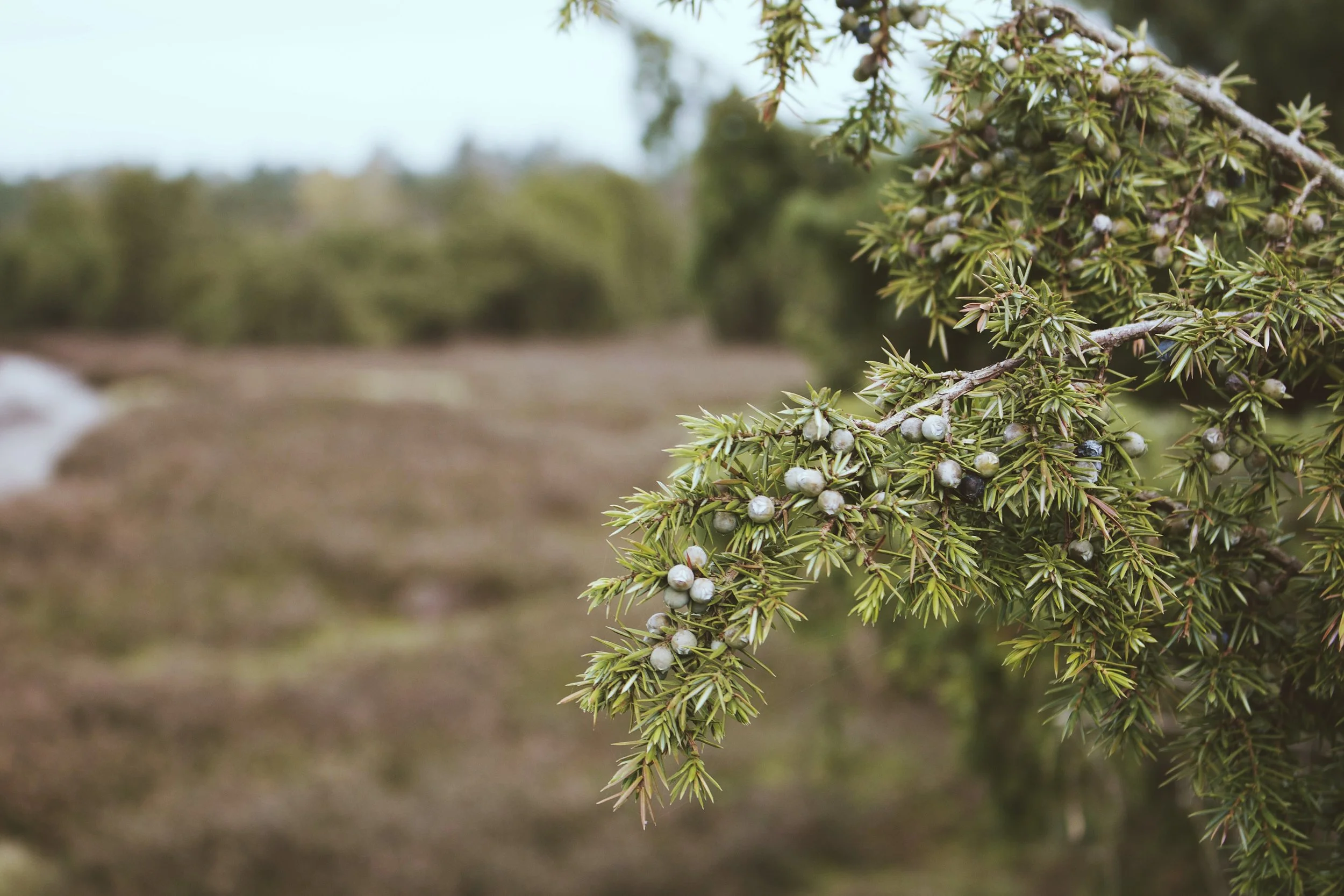by Setareh Moafi, Ph.D., L.Ac.
I’m sure you've experienced lower back pain at some point in your life. You may even be experiencing it right now.
In a society where we spend most of our time sitting on chairs and couches, tightness and pain in the lower back is all too common, and one of the most popular complaints from patients in our clinic.
And while more chronic cases may not resolve so quickly, my hope is that this article will empower you to better understand your pain, as well as to help you use a simple exercise to alleviate some of the discomfort right away.
Why You May Have Lower Back Pain
There are many reasons why lower back pain develops.
One cause is too much compression from excessive sitting or standing that causes the area around the lumbar spine to tighten up.
As we get older, not only do the Yin or fluids that lubricate your body’s tissues, tendons and sinews naturally diminish, but your spine (byway of gravity) also starts to compress.
This is why it’s so important to preserve and replenish your Yin constantly through proper diet and rest, and to prevent your spine from compressing through elongation exercises and movement practices like Yoga and Qi Gong.
By elongating your spine through these various practices as well as by hanging upside down or from a pull-up bar regularly, you’ll maintain the integrity of the intervertebral spaces in your spine.
This helps prevent abnormal narrowing of the spinal canal or neural foramen, which can lead to spinal stenosis with pressure on the spinal cord or nerve roots that cause pain, numbness or weakness in the limbs.
Another cause of lower back pain can be related to burnout from a lack of sleep, excessive work, exercise or sex, or a diet filled with processed foods — all of which contribute to adrenal fatigue.
If you’ve been pushing your body too hard for too long or you’re not sleeping enough, you may start to excessively tax your adrenal glands, which can lead to hormonal and metabolic dysfunction.
The adrenal glands are a pair of endocrine glands located above your kidneys that produce a variety of hormones, including adrenaline and the steroids aldosterone and cortisol, that help regulate your metabolism, immune system, blood pressure, response to stress and other essential biological functions.
Your adrenal glands are associated with your Kidneys in Chinese Medicine so excessive taxation on the adrenals burdens your Kidney Qi, which can lead to lower back and knee pain, fatigue, and premature aging, among other symptoms.
Lower back pain may also result from injury, as well as from psychological and emotional upset that’s mostly associated with fear.
Fear is the emotion of the Kidneys according to Chinese Medicine and since the Kidneys are located in your lower back, fear can trigger tension in this area of your body.
According to Louise Hay, author of You Can Heal Your Life, lower back pain may reflect your fear of money or lack of financial support.
And since I always believe that moving your body is essential to shifting your mind and mood, I think one of the best ways to shift out of an emotional state like fear that may be keeping you stuck is to move your body, simply and gently.
Easy Exercise for Lower Back Pain
The simple exercise I'm sharing with you takes 2 minutes and can be done sitting on the floor with your legs crossed or sitting up on the edge of a chair.
It'll not only free your lower back, but it also opens your hips and helps send energy up your spine to bring Qi to your brain for greater alertness, focus and concentration.
So if your back is tight from sitting around (or even standing) too much during this pandemic, you'll want to make this simple exercise part of your daily routine.
Opening the Heavenly Pillar is an excellent exercise to help alleviate lower back pain, tension and stiffness and is gentle enough to do sitting in a chair or on the floor.
Make sure to start with small, slow circles at first, then work up to more rapid rotations.
This is one of the easiest exercises for lower back pain and to release tension in the spine in general.
Taking just two minutes to open your spine can also reset your mood and help you feel more embodied.
Once you’ve practiced, let me know how this exercise made you feel in the comments below!
Setareh Moafi, Ph.D., L.Ac. is Co-Owner and Director of A Center for Natural Healing in Santa Clara, California, a health and wellness clinic that specializes in Classical Chinese Medicine and Traditional Japanese Acupuncture. Dr. Moafi offers a one-of-a-kind form of empowerment coaching, clinical services, and transformational workshops and online courses that blend the ancient practices of Classical Chinese Medicine and Yoga. More information at www.setarehmoafi.com.









